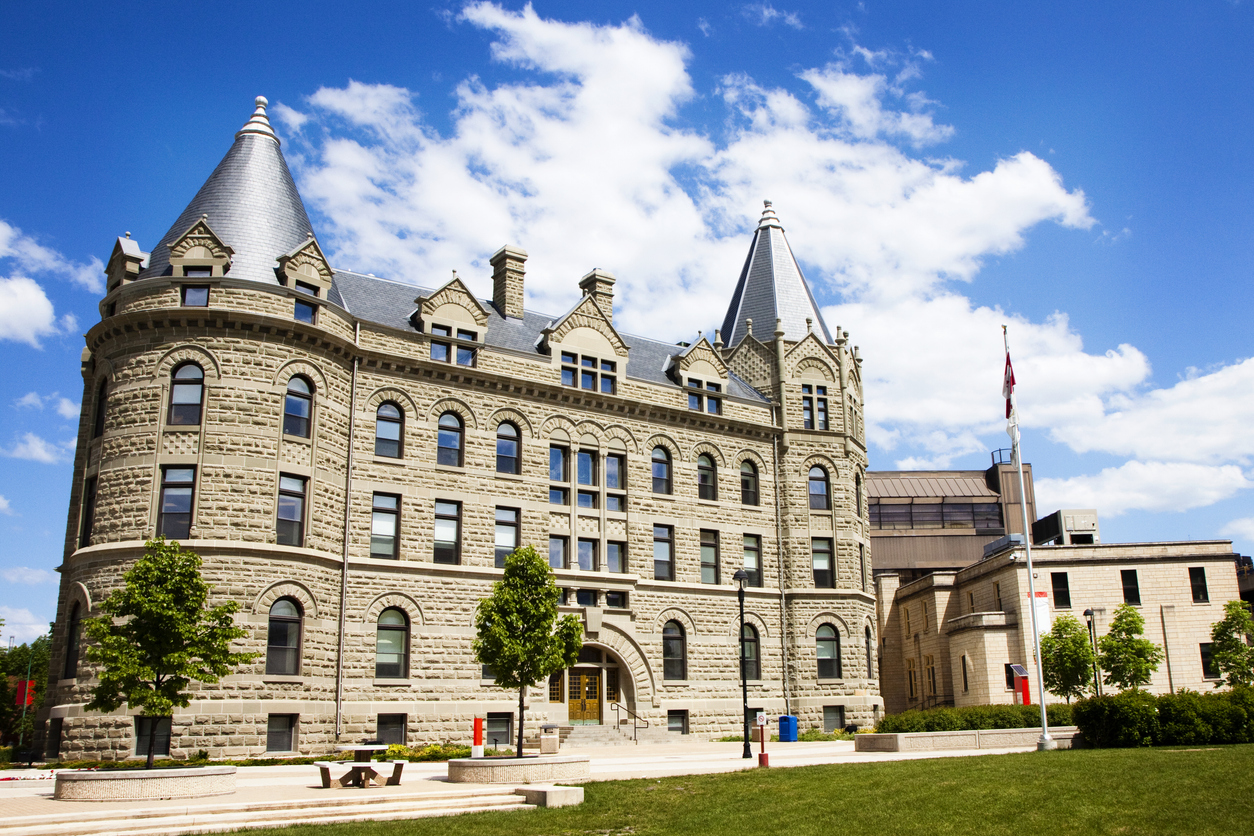Commencing last week, the University of California Berkeley's south side will see an enhanced security presence as a team of private security guards begins patrols, an initiative spearheaded by a group of concerned parents. Operating from 6:30 PM to 3:00 AM, the security personnel will concentrate their efforts around three principal dormitory buildings and their vicinity, a move advocated by the parent-led group Safe Bears, which has been deemed overdue by its members. While the initiative is met with optimism, its efficacy in improving safety remains a topic of discussion among the community.
The backdrop for this measure includes escalating concerns over safety, highlighted by the experiences of students at Berkeley since 2018. Students have faced armed robberies in the past two years, incidents that have significantly impacted the sense of security. Such experiences reflect a broader trend of increasing robberies and violent crimes in Berkeley, akin to patterns observed in other Bay Area cities.
Amidst growing frustrations over perceived inaction by the university in bolstering security measures, parents and students alike have voiced their concerns, prompting some, like Sagar Jethani, a parent of twin students at Cal, to take matters into their own hands. The Safe Bears group successfully raised $40,000 to finance the security guards, who patrol both on foot and by bicycle, aiming to provide a more immediate solution to campus safety concerns. The initiative is a pilot program scheduled to conclude on March 23, with hopes that the university will subsequently assume responsibility for the security measures.
The university has responded to the safety concerns by indicating efforts to increase campus safety through the addition of surveillance cameras, the introduction of community service officers trained by the University of California Police Department (UCPD), and the intention to hire additional sworn police officers. Nonetheless, the use of private security raises questions regarding the adequacy of their training and equipment, as these guards are only equipped with radios to report crimes, leaving some students questioning the practicality of their presence.
Students and parents advocate for a comprehensive approach to addressing campus safety, emphasizing the need for interventions at multiple levels, including the university, city, and state. The initiative by Safe Bears and the mixed reactions it has elicited underscore a community deeply engaged in seeking solutions to ensure the safety and well-being of its members.
Over the past year, universities across the United States have seen an uptick in security concerns, reflecting a broader national trend of increasing safety anxieties in educational settings. These concerns are not isolated to any single institution but are indicative of a widespread issue affecting campuses nationwide. The initiative at the University of California Berkeley, where parents funded private security patrols in response to perceived inadequacies in campus security, exemplifies the growing unease among students and their families. Similarly, instances such as the armed robberies experienced by a student highlight the real and present dangers faced by university communities.
Specific examples further illustrating these concerns include incidents at other prestigious institutions. For instance, the University of Chicago faced heightened security alerts following a series of violent crimes in its vicinity, leading to increased patrols and security measures. Additionally, Michigan State University implemented enhanced security protocols following an active shooter incident, underscoring the acute threats that can disrupt campus life.
Comparatively, Canadian universities have also grappled with security challenges, although the nature and scale of these issues can differ due to various factors, including gun control laws and cultural differences. For example, a number of Canadian campuses have focused on addressing concerns related to mental health, sexual assault, and theft, with less emphasis on violent crimes that may involve firearms. However, incidents such as the stabbing at the University of Ottawa serve as stark reminders that Canadian institutions are not immune to security concerns.
The differences between U.S. and Canadian universities in handling security issues can often be attributed to broader societal and legislative contrasts, particularly regarding gun control and social safety nets. However, both face the common challenge of ensuring the safety and well-being of their campus communities.
To bolster security and mitigate risk at universities in both countries, a multi pronged approach is necessary. Recommendations include:
- Enhanced Physical Security Measures: Both U.S. and Canadian universities should invest in physical security measures such as surveillance cameras, improved lighting, and secure access points to buildings. Additionally, regular security assessments can help identify vulnerabilities.
- Increased Mental Health Support: Expanding mental health services and promoting a culture of care can help address underlying issues that may lead to security incidents. This includes making counselling more accessible and reducing the stigma associated with seeking help.
- Community Engagement: Encouraging a strong sense of community and shared responsibility for safety can enhance security. This involves regular communication between university administration, students, and local law enforcement.
- Education and Training: Offering regular training sessions for students, faculty, and staff on emergency response protocols, including active shooter situations, can improve preparedness. Workshops on personal safety and conflict resolution can also be beneficial.
- Collaboration with Law Enforcement: Establishing strong partnerships with local law enforcement agencies ensures a coordinated response to incidents and enhances overall campus safety.
- Policy Advocacy: Universities, especially in the U.S., can advocate for policies that address broader societal issues impacting campus safety, such as gun control legislation.
By implementing these strategies, universities in the U.S. and Canada can better protect their communities, address the root causes of security concerns, and foster environments where learning and personal growth can thrive safely.
At BlueSky, we offer our clients unparalleled access to analyst-verified monitoring, actionable intelligence, and proactive insights into protests and potential disruptions in real-time. Our commitment is to deliver intelligence that is not only insightful but also deeply rooted in human expertise. We pride ourselves on delivering intelligence that is insightful and human-centric, because "Our best intelligence is not artificial."
If you have additional questions about this report or would like more information on BlueSky, reach out to our team directly: BlueSky@paladinrisksolutions.com





